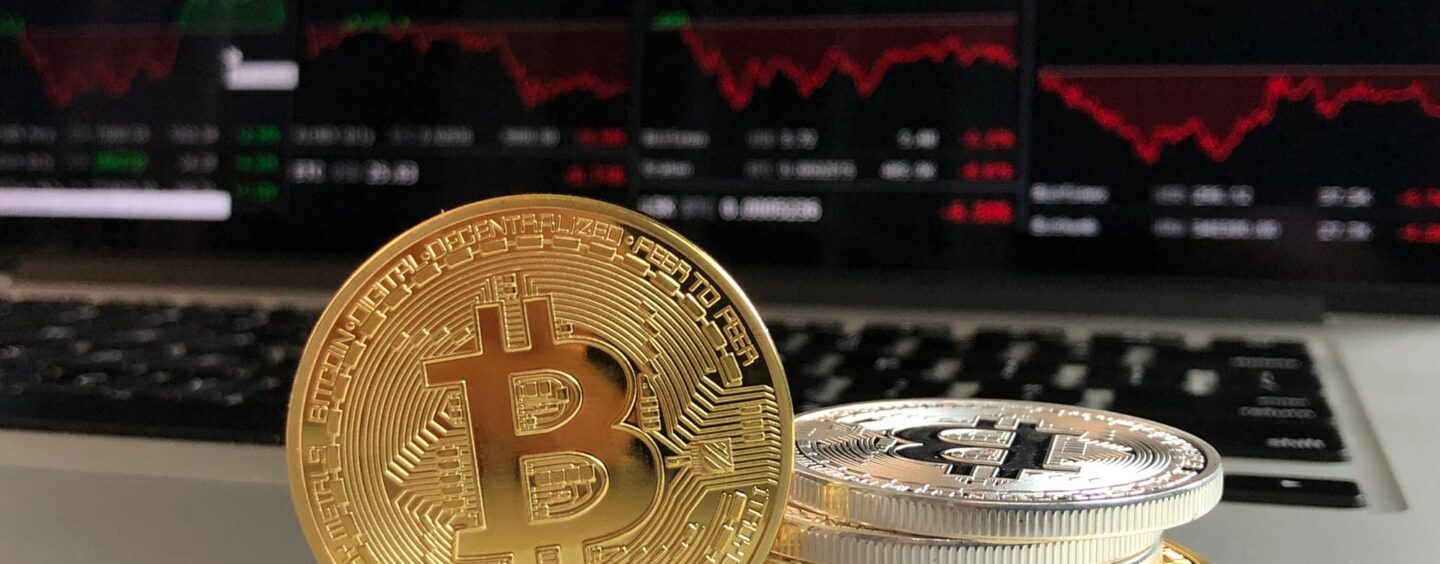
New Research Finds Proliferation Of “Flash Boys” Trades On Crypto Exchanges
by Fintechnews Switzerland May 2, 2019A new study by researchers at Cornell Tech and several other universities has discovered that “Flash Boys”-like trading manipulation is rampant on certain cryptocurrency exchanges, especially decentralized exchanges (DEXes).
The study, titled Flash Boys 2.0: Frontunning, Transaction Reordering, and Consensus Instability in Decentralized Exchanges, documents and quantifies the “widespread and rising deployment” of arbitrage bots in blockchain systems.
The report’s authors tracked six DEXes since October 2018 and found over 500 bots generating as much as US$20,000 daily. They also built their own autonomous trading program to get a deeper insight into how these trades are executed and even received a few buyout offers.
Like high-frequency traders on Wall Street, these bots anticipate and exploit ordinary users’ trades, allowing market manipulators to profit off of them. They capitalize on inefficiencies in DEXes, paying higher transaction fees to get priority ordering, and optimizing network latency to frontrun, a practice in which traders can see orders from others and mange to place their own first.
The research points out the large, complex risks created by transaction-ordering dependencies in smart contracts, and the ways in which traditional forms of financial-market exploitation are adapting to and penetrating blockchain economies.
DEXes, which operate in a decentralized way and allow for the peer-to-peer trading of cryptocurrencies, are an emerging trend in the industry. Although they still account for a small fraction of the overall crypto trading volume, their usage is expected to grow as companies and platforms like Binance and Bancor are putting efforts to push the concept.
But according to Ari Juels, a professor at Cornell Tech, trading manipulation and similar practices are also likely rampant on centralized crypto exchanges too.
“We have no idea what the extent of the malfeasance is on centralized exchanges,” Juels said in a presentation in April during a blockchain conference at Cornell Tech’s New York City campus. “If we extrapolate from what we’ve seen on DEXes, it could well be on the order of billions of dollars.”
The report’s title is a reference to Flash Boys: A Wall Street Revolt, a book by Michael Lewis published in 2014 that explores the phenomenon of high-frequency trading in the US equity market, examining the manipulative behavior of individual market participants to win trades ahead of slow rivals.
It is the latest red flag in the crypto market which has been plagued by allegations of manipulation, as well as bloated, faked and bot-generated orders on centralized crypto exchanges.
A recent report claims that nearly 90% of the top 100 crypto exchanges’ reported trading volume is suspect, and 75% of the exchanges reported trading volume is more than double expected.
Last year, two US Congressmen introduced bipartisan bills to prevent crypto price manipulation and boost acceptance of the tech.
The two bills, The Virtual Currency Consumer Protection Act of 2018 and the US Virtual Currency Market and Regulatory Competitiveness Act of 2018, are aimed at making the US a “leader in the cryptocurrency industry,” and essentially ask the Commodity Futures Trading Commission (CFTC) and other US financial regulators to develop a roadmap to better regulate cryptocurrencies in order to protect individuals and businesses.
In South Korea, one of the country’s largest cryptocurrency exchange, UpBit, is facing criminal charges after top executives were formally indicted by the country’s legal prosecutors on charges of fraud.
Three senior exchange executives were arrested in December 2018 after complaints were filed by investors who claimed that the company used corporate accounts to make bogus orders to inflate trading volumes to attract customers to use the exchange.
Featured image: Bitcoin, cryptocurrency trading, Pexels.




